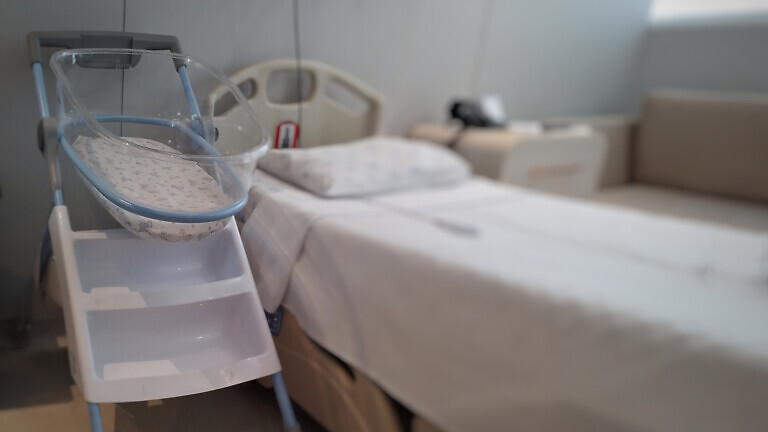Led by New Enterprise Associates and SR One, the funds raised will be used to advance its next-generation menin inhibitor into clinical development.
Biotech research company CHARM Therapeutics has raised $80 million (£58.9 million) in oversubscribed Series B funding to advance its next-generation menin inhibitor into clinical development.
The funding round was co-led by New Enterprise Associates (NEA) and SR One, with participation from existing investors OrbiMed, F-Prime, Khosla Ventures and NVIDIA.
Founded by Laksh Aithani and David Baker, CHARM Therapeutics is working on the next generation of precision oncology treatments through its proprietary AI-driven drug discovery platform.
Its lead program is a next-generation menin inhibitor for the treatment of acute myeloid leukaemia (AML). Unlike first-generation menin inhibitors that rapidly lose potency due to menin resistance mutations, CHARM’s candidates are specifically designed to maintain potency against all known clinical resistance mutations, potentially delivering the durable responses that patients need.
“This program represents a significant opportunity to transform outcomes for patients, and we look forward to initiating clinical development early next year,” said executive chair Gary Glick.
Robust tumour regression
Acute myeloid leukaemia (AML) is a rapidly progressing and aggressive blood cancer with a poor prognosis for many patients. Menin inhibitors have recently emerged as a clinically validated therapeutic class acting through restoration of normal gene regulation and triggering differentiation or death of cancer cells.
First-generation therapies, however, are limited by the rapid emergence of resistance mutations in the menin protein, which reduce efficacy and lead to relapse and disease progression. Further, the efficacy of some first-generation menin inhibitors may be limited by safety risks, including QTc prolongation and poor pharmaceutical properties such as the potential for drug-drug interactions and requirement for high doses.
Using its proprietary protein-ligand co-folding platform, CHARM has identified a development candidate that retains potency against all publicly described clinical resistance mutations and demonstrates robust tumour regression in preclinical models.
This molecule is predicted to be efficacious at low human doses without an increase in QTc interval, and does not inhibit enzymes responsible for drug-drug interactions.



